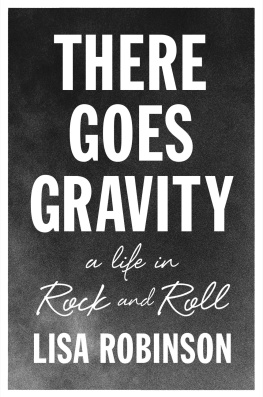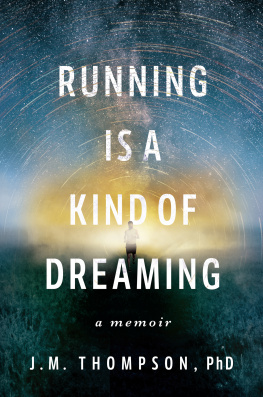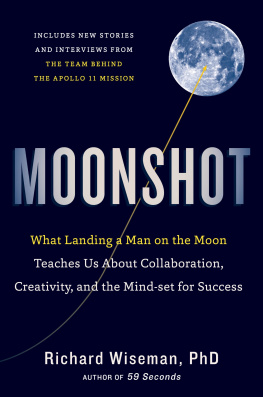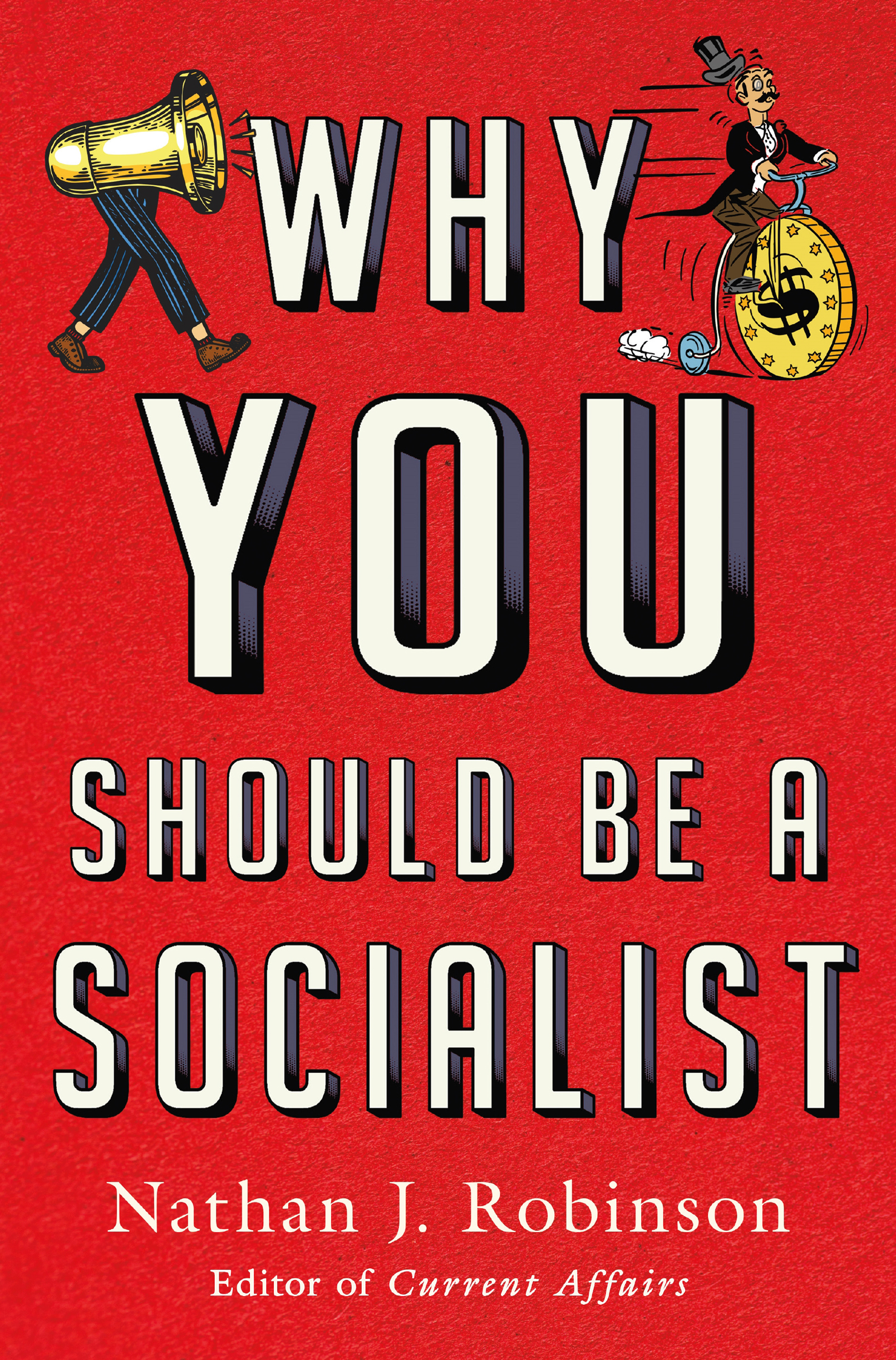The author and publisher have provided this e-book to you for your personal use only. You may not make this e-book publicly available in any way. Copyright infringement is against the law. If you believe the copy of this e-book you are reading infringes on the authors copyright, please notify the publisher at: us.macmillanusa.com/piracy.
Aisling, Brianna, Brie, Cate, Eli, Lyta, Nick, Oren, Sparky, Vanessa, and Yasmin and to all subscribers present and future
Millennial Discontent and the Rise of a Democratic Socialist Alternative
IN THE LAST FEW YEARS, U.S. politics has been completely upended. The presidency of Donald Trump, which took politicians and commentators by total surprise, shattered a number of Washington orthodoxies. Very few experts thought that a vicious, loutish reality TV star was capable of rising to the nations highest office. But they had misjudged political reality and forgotten the cardinal rule: anything can happen.
Trumps improbable rise to power was not the only political irregularity to occur over the last several years. While Trump was defeating the most powerful figures in the countrys two major political parties, another unexpected phenomenon was occurring: the rise of a new radicalism on the left.
When Bernie Sanders began his campaign for the 2016 Democratic presidential nomination, nobody expected him to pose a serious challenge to Hillary Clinton. Clinton was the consensus choice of the party establishment, and influential Democrats openly said that it was her turn. Sanders was in the race as a protest candidate. Not only was he considered a marginal figure in Washington, lacking both connections and funding, but he did not have any of the characteristics that traditionally made one electable. He was old. He was from a tiny state known for hippies and cheese. He was not particularly photogenic, polished, or popular. And he was an avowed socialist in a country that had had a half-century Cold War between Good American Capitalism and Evil Soviet Socialism.
It was not, however, a year in which the traditional criteria of electability would matter especially much. Sanders, perhaps as much to his own surprise as anybody elses, quickly attracted a significant following. His radical message, stingingly critical of the existing Democratic Party, resonated strongly with progressives who felt let down by Obama and viewed Clinton as part of an uninspiring and possibly corrupt political dynasty. When the first primary contest came around, February 2016s Iowa caucuses, Sanders achieved a shockingly strong result, coming close to beating Clinton outright. As Sanders began to fill stadiums with crowds, attracting a highly visible and well-organized following, it quickly became clear that the race would not be the coronation that Clinton had anticipated.
Clinton ultimately won the Democratic nomination, but it took a bruising fight. Sanders was no mere protest candidate; he was a serious competitor who won 23 contests to Clintons 34. While Clinton received over 16 million votes across the various primaries, Sanders achieved a remarkable 13 million. It was surprising enough that a socialist candidate could be anything more than a gadfly in a major party nominating contest. It was downright stunning that such a candidate could rack up nearly two dozen primary victories against one of the most experienced and well-connected members of the Democratic Party.
Sanders unexpected rise to prominence represented an extraordinary shift in the political landscape. The nearest precedent was Eugene Debs 1920 presidential run on the Socialist Party ticket. Debs achieved nearly 1 million votes despite being in prison for defying the World War I draft. achieved a far greater measure of success. He may not have started the political revolution that he often spoke of, but he came relatively close to poaching the presidential nomination from the party elites preselected candidate.
The Sanders campaign was fueled by millennials, whose dissatisfaction with mainstream Democrats made them highly responsive to Sanders progressive alternative. Clinton may have had more support than Sanders overall, but young people of all races and genders preferred Sanders over Clinton by large margins. With the exception of Lena Dunham, it was hard to find many people under 30 who had much enthusiasm for Clinton, a candidate they associated with Wall Street, cronyism, and the Iraq disaster.
Sanders success with millennials, while unanticipated by pollsters, did not occur purely because of Sanders political skill. It happened because a revolt had been brewing among young progressives for years, as they had steadily grown more and more alienated from the Democratic Party mainstream. Ever since the Occupy Wall Street movement in 2011, young people in the United States had been becoming increasingly radicalized. Weighed down with debt, paying through the nose for health insurance, unable to afford to have kids, and frustrated by an undemocratic political system that implements the policy preferences of rich elites, millennials were both frustrated and tired. Sanders came along at just the right moment: they had been waiting for someone to say what was on their mindsthat the economic and political systems were unfair at their core and needed a drastic overhaul.
But the Sanders campaign was just the start.
JOE CROWLEY HAD been in Congress for 20 years and was one of the highest-ranking members of the House Democrats. He was considered a serious contender for the party leadership and known in his New York City district as a well-connected part of the local Democratic machine. He was the sort of backroom dealmaking congressman whose influence is disproportionate to his name recognition.
Alexandria Ocasio-Cortez was not an important figure in the Democratic Party. Far from it. She was a 28-year-old bartender and activist who had once interned for Ted Kennedy and had worked for Sanders campaign. Most major media outlets didnt even cover the race, since Crowleys victory seemed so certain. Crowley himself did not even bother to attend a debate against Ocasio-Cortez, sending a surrogate in his place.
Yet on June 26, 2018, Ocasio-Cortez received 57.1 percent of the vote to Crowleys 42.5. The year before, Ocasio-Cortez says, while she was scrubbing restaurant tables, she thought the train of [her] fulfilled potential had left the station. In January, Ocasio-Cortez would become the youngest woman ever to serve in the U.S. Congress and achieve instant, nationwide fame as a face of the millennial left.
Ocasio-Cortezs victory was impressive, even deeply inspiring, but not shocking. The Clinton-Sanders primary showed that the Democratic Party establishment was deeply unpopular and vulnerable, and that many primary voters were perfectly willing to get behind a socialist if they offered an alternative to the uninspiring, centrist politics that had destroyed the Democrats popular appeal.
The national media has sometimes downplayed the extent of the Democrats leftward drift. Just two days before Ocasio-Cortez won her primary, the New York Times published an article wondering why the candidates Sanders had endorsed had not been winning in larger numbers and suggesting that the socialist left was underperforming.
In fact, the successes of the Sanders left have been striking. Before the Sanders campaign took off, the word

















